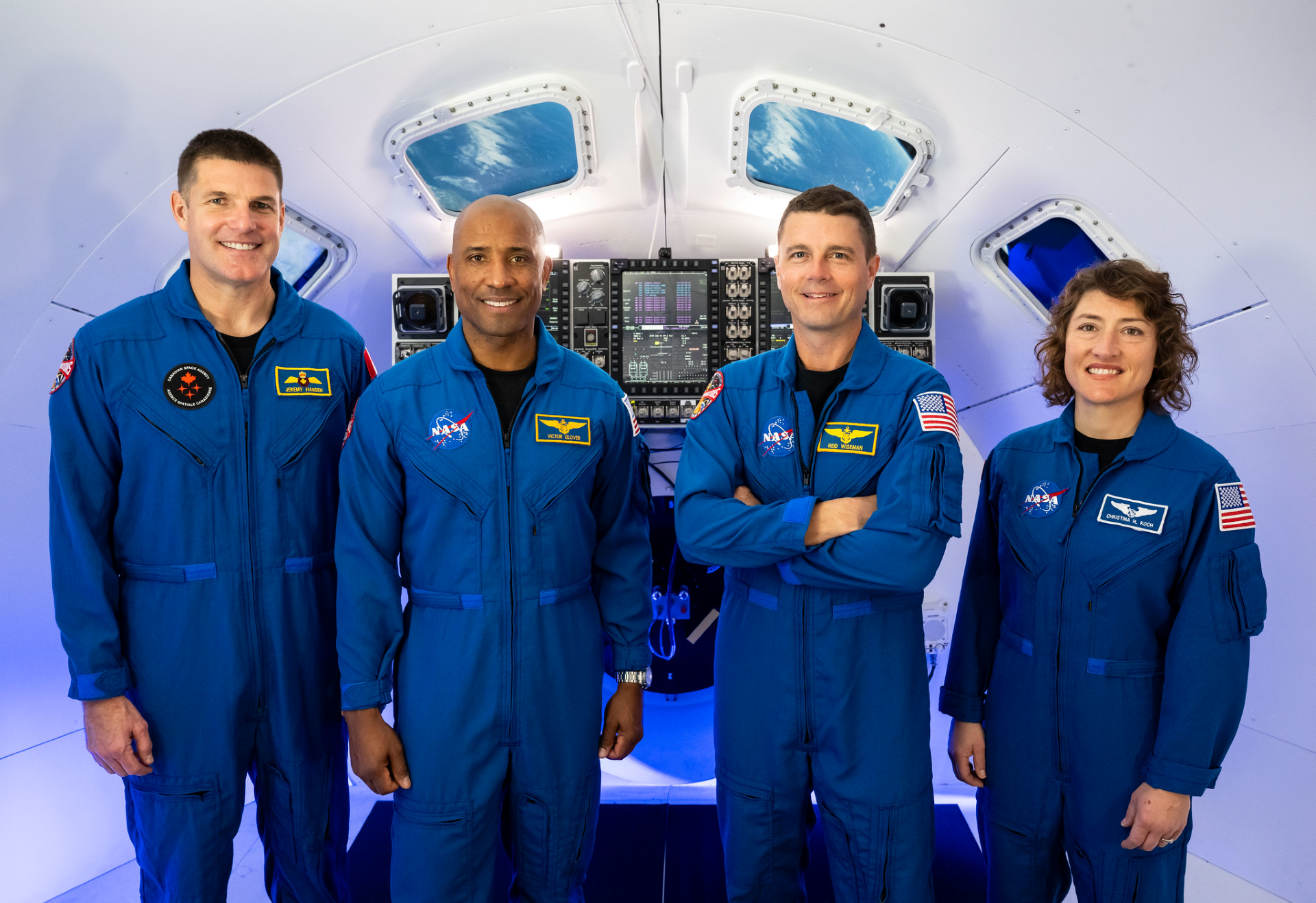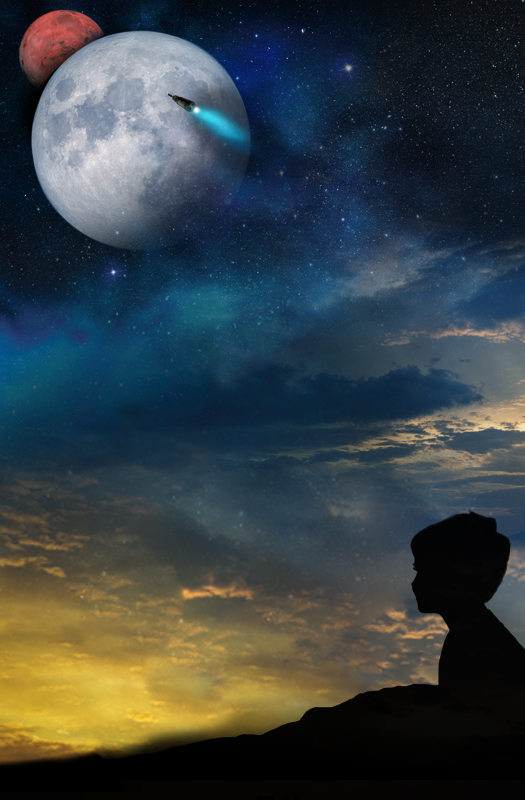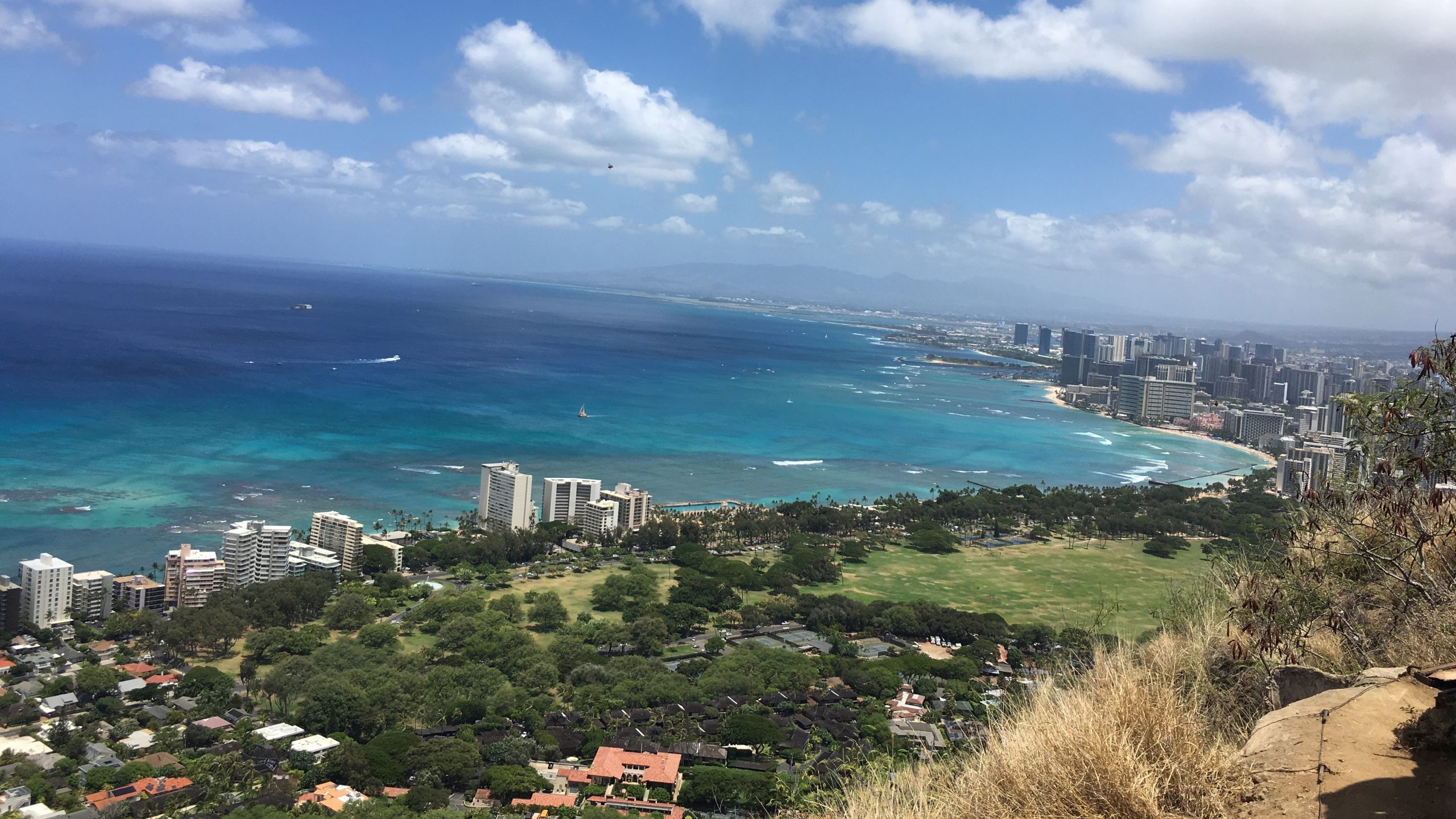Now Reading: Artemis II: Pioneering the Next Era of Human Space Exploration
-
01
Artemis II: Pioneering the Next Era of Human Space Exploration
Artemis II: Pioneering the Next Era of Human Space Exploration

Quick Summary
- NASA Artemis II Mission: Scheduled for 2026, this approximately 10-day deep space mission will involve astronauts Reid wiseman, Victor Glover, Christina Koch (USA), and Jeremy Hansen (Canada).
- Human Health Studies: The mission focuses on collecting astronaut data for studies assessing immune system reactions to spaceflight, team performance in confined spaces, physiological changes during the mission, and radiation exposure.
– Studies include:
– Immune Biomarkers: Examines immune responses using liquid/dry saliva samples.
– ARCHeR: Tracks sleep/movement with wrist monitors pre-, during-, and post-mission.- Standard Measures: Surveys astronaut health through biological data collection; explores post-mission recovery activities like simulated moonwalks.
– Radiation sensors and other technologies like organ chips will assess radiation shielding efficacy and cellular-level biological effects of deep space travel.
- Radiation Research: CubeSats deployed into high-Earth orbit will analyze near-Earth/deep space radiation environments. Dosimeters inside Orion spacecraft will track real-time radiation exposure to protect astronauts.
- Findings from Artemis II are expected to inform safer future missions to Mars.
Indian Opinion Analysis
The Artemis II mission represents a critical step in advancing human exploration of deep space. By prioritizing scientific inquiry into how extended space travel impacts physical health and behavioral dynamics under challenging conditions-such as limited living quarters or heightened radiation exposure-NASA’s studies highlight the complexities of interplanetary missions.
India’s burgeoning interest in lunar exploration via missions such as Chandrayaan highlights the relevance of such research globally. Understanding human limitations while countering environmental risks with innovations resonates equally with India’s long-term aspirations in human crewed missions. Additionally, knowledge from Artemis II coudl influence international collaborations where nations share expertise on space healthcare advancements-a domain crucial for sustainable extraterrestrial exploration.
Such research also sparks lessons regarding astronaut safety measures that could be adapted for extreme Earth-based conditions (e.g., polar expeditions). For India-a nation exploring science-driven approaches across disciplines-the results advance shared understanding essential not just for Moon expeditions but eventual aspirations toward deeper worldwide presence.




























